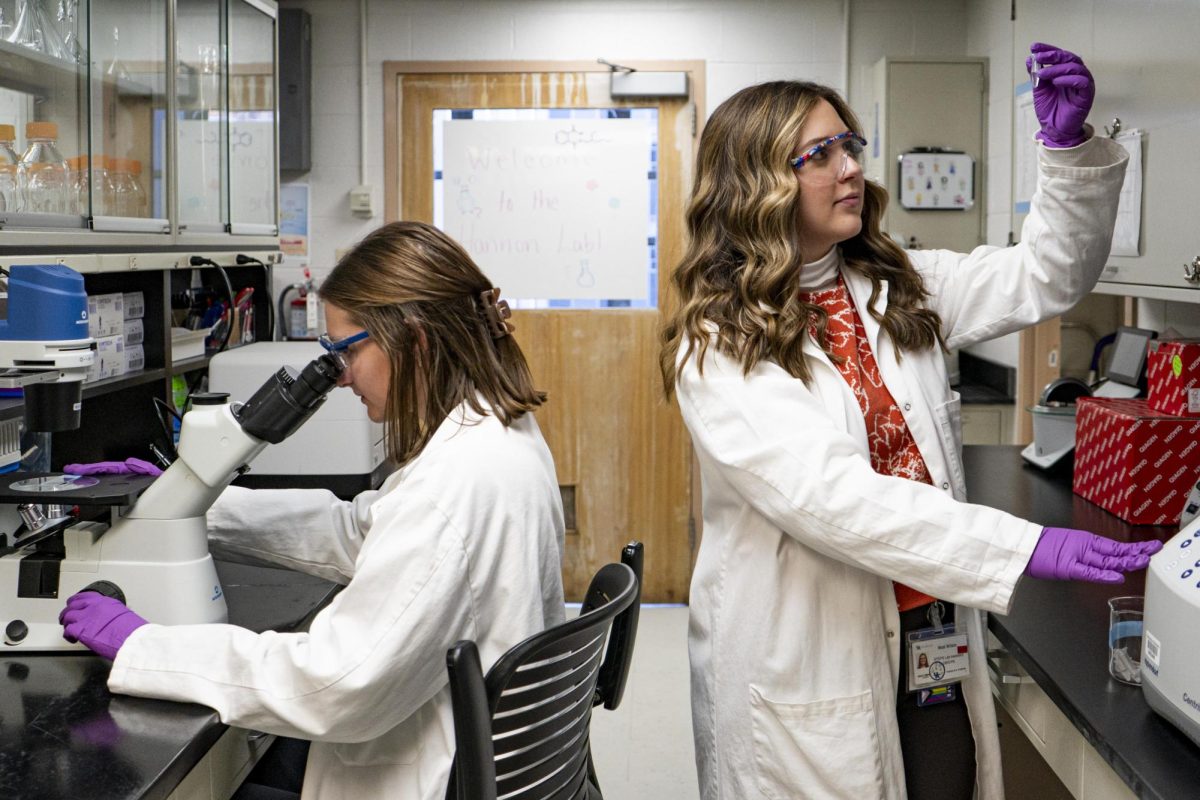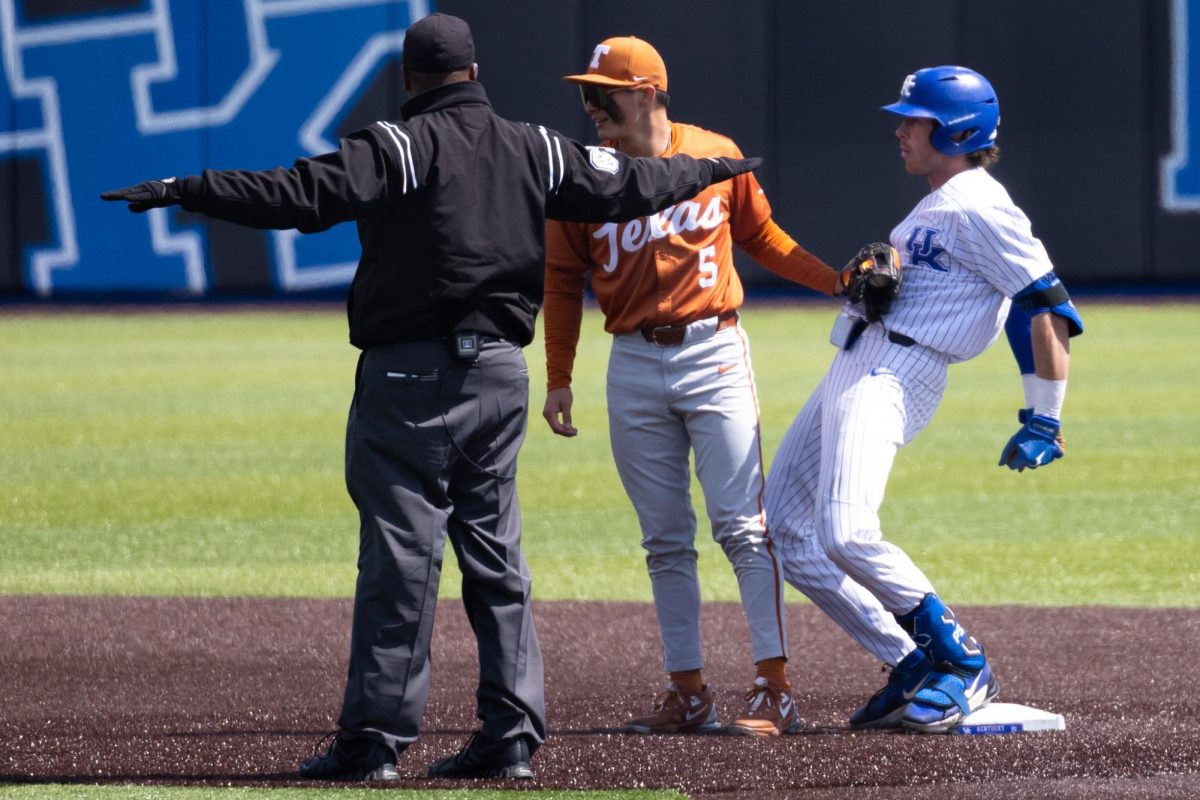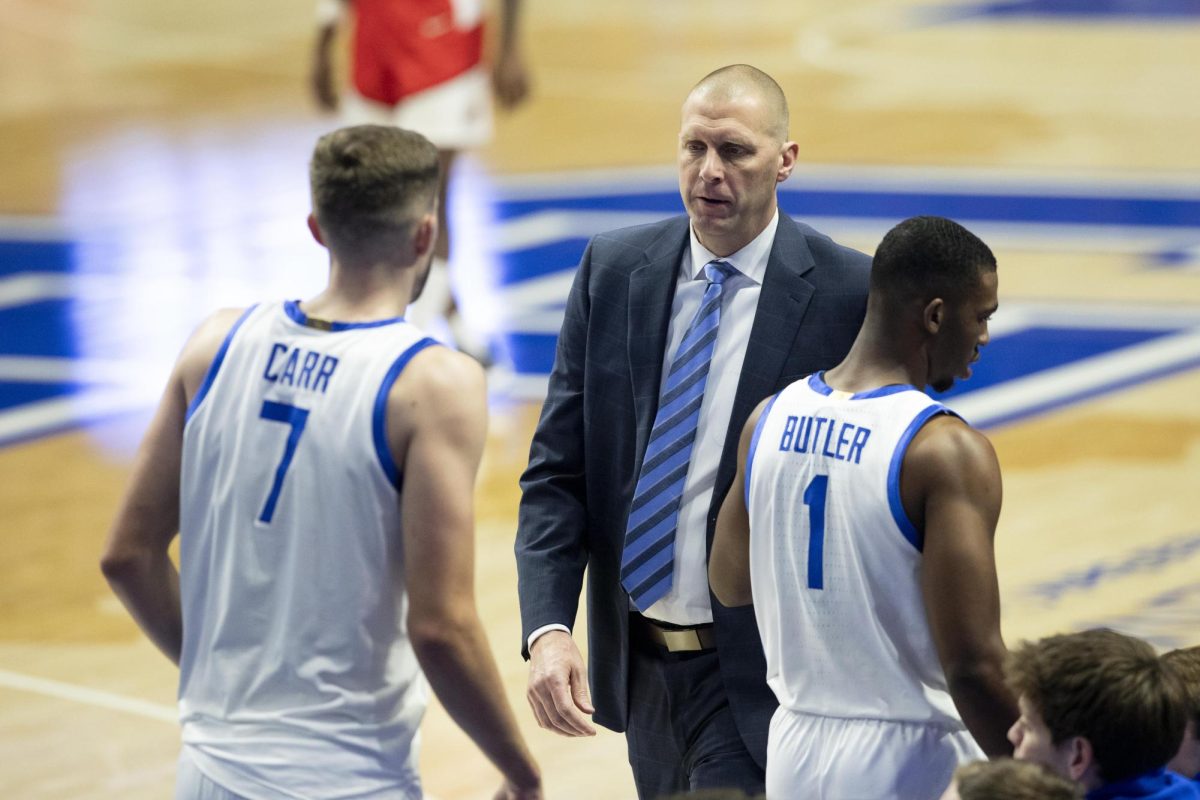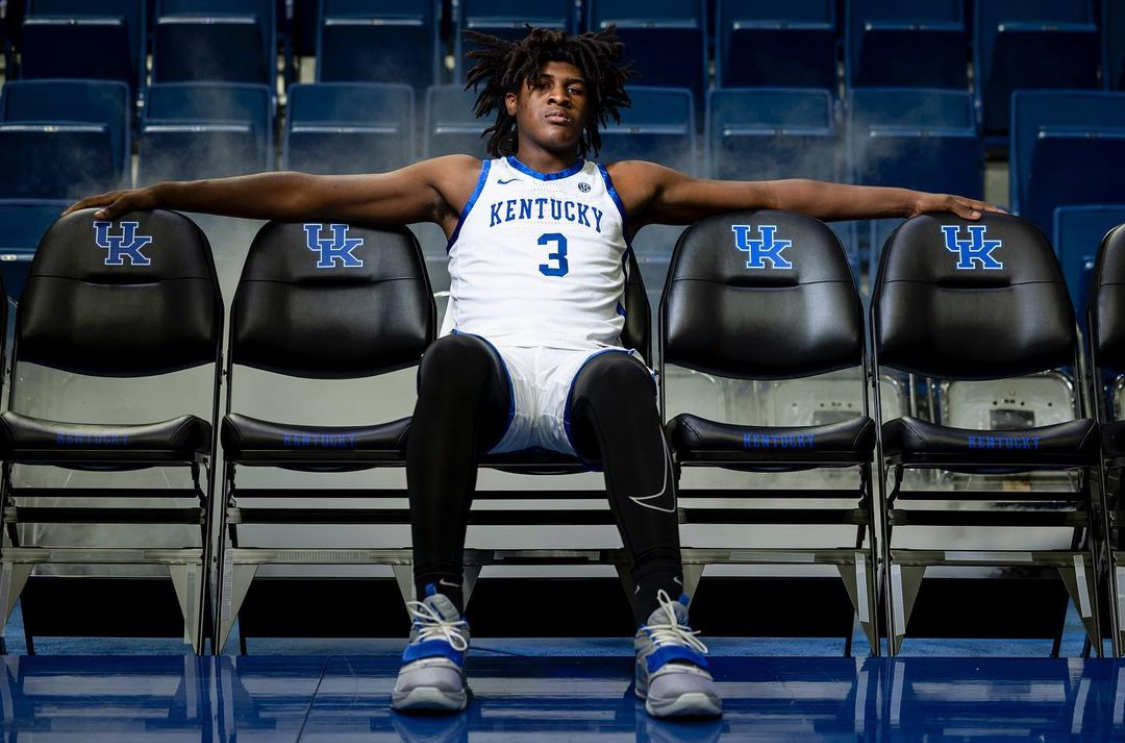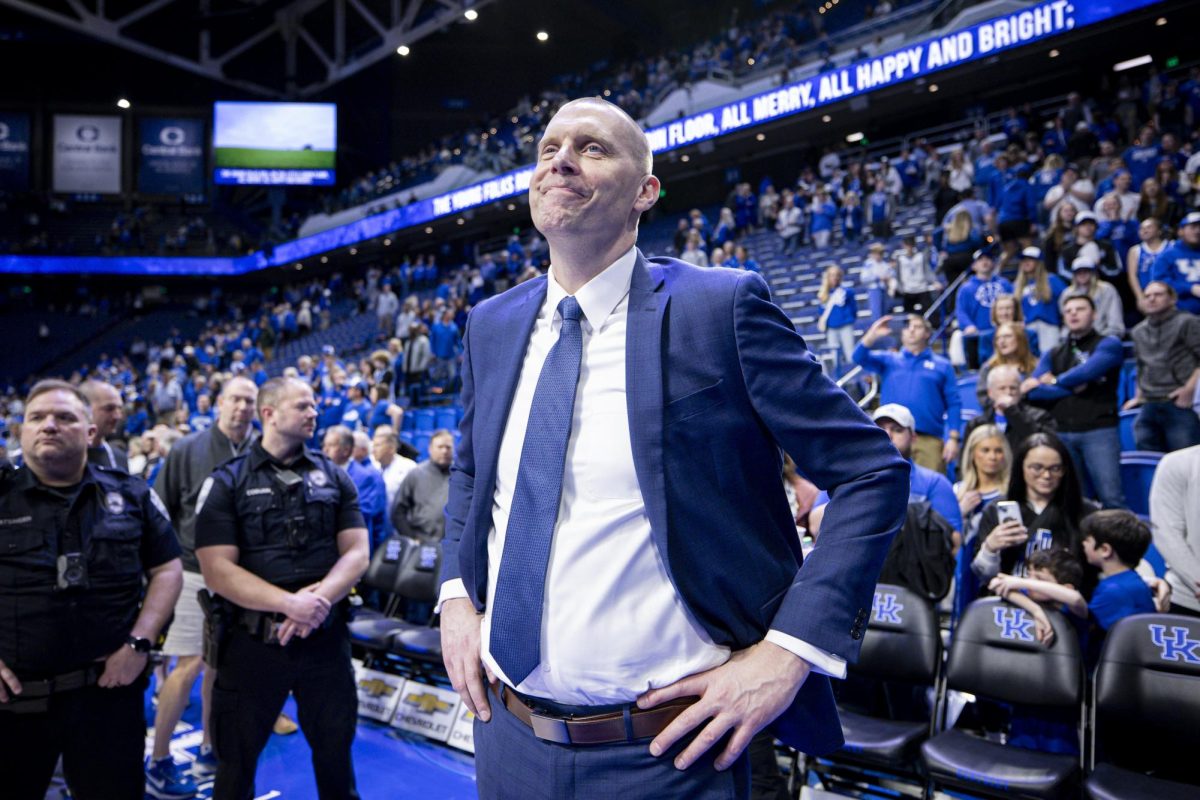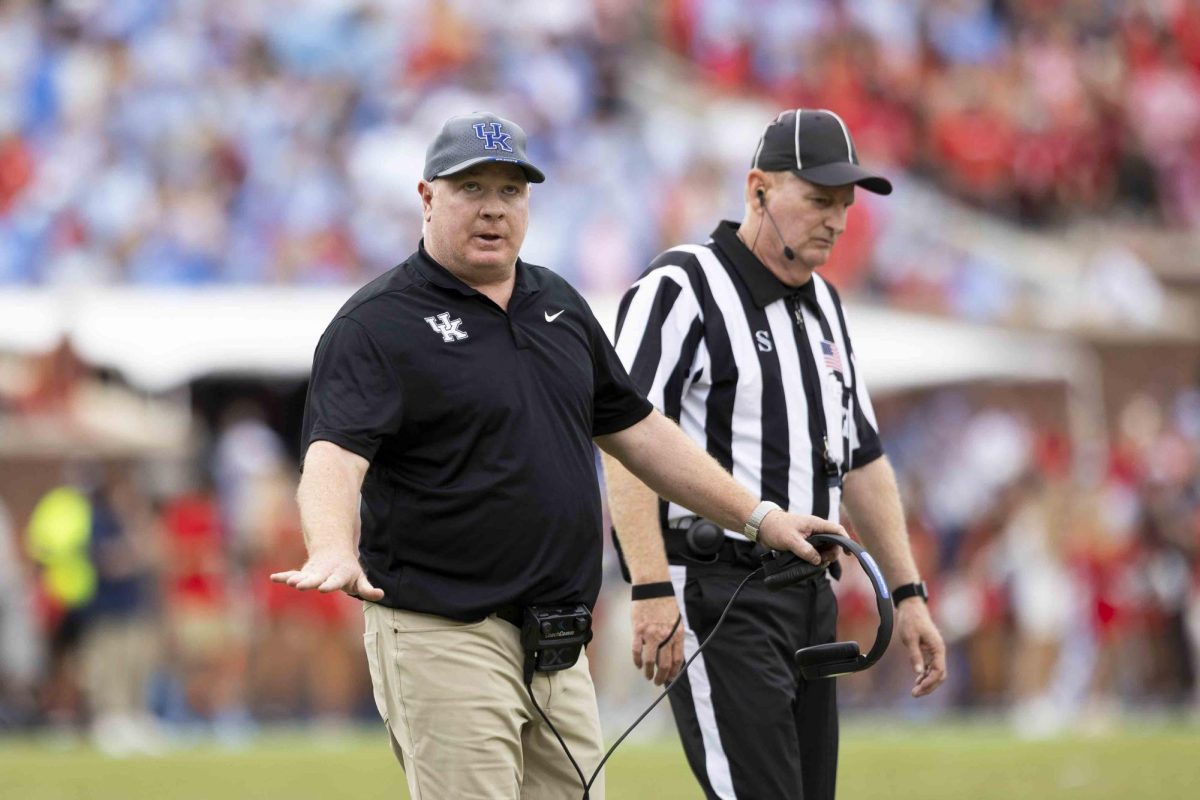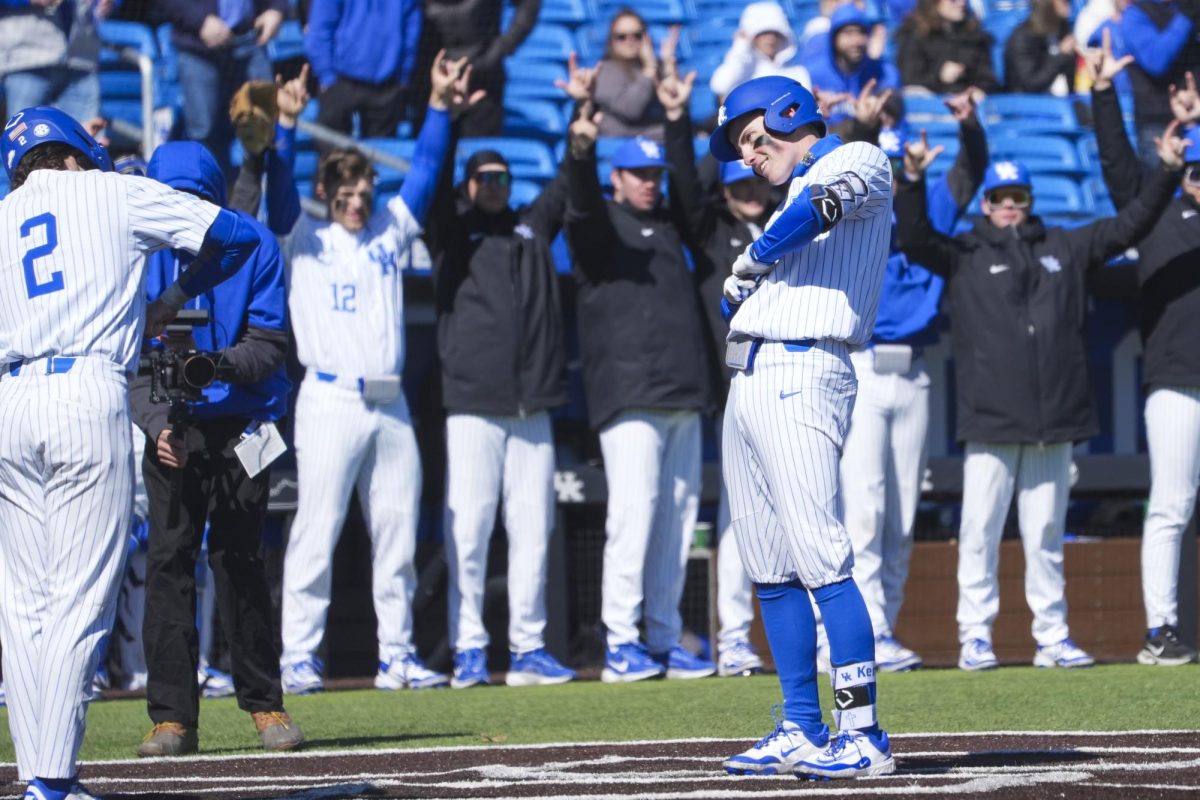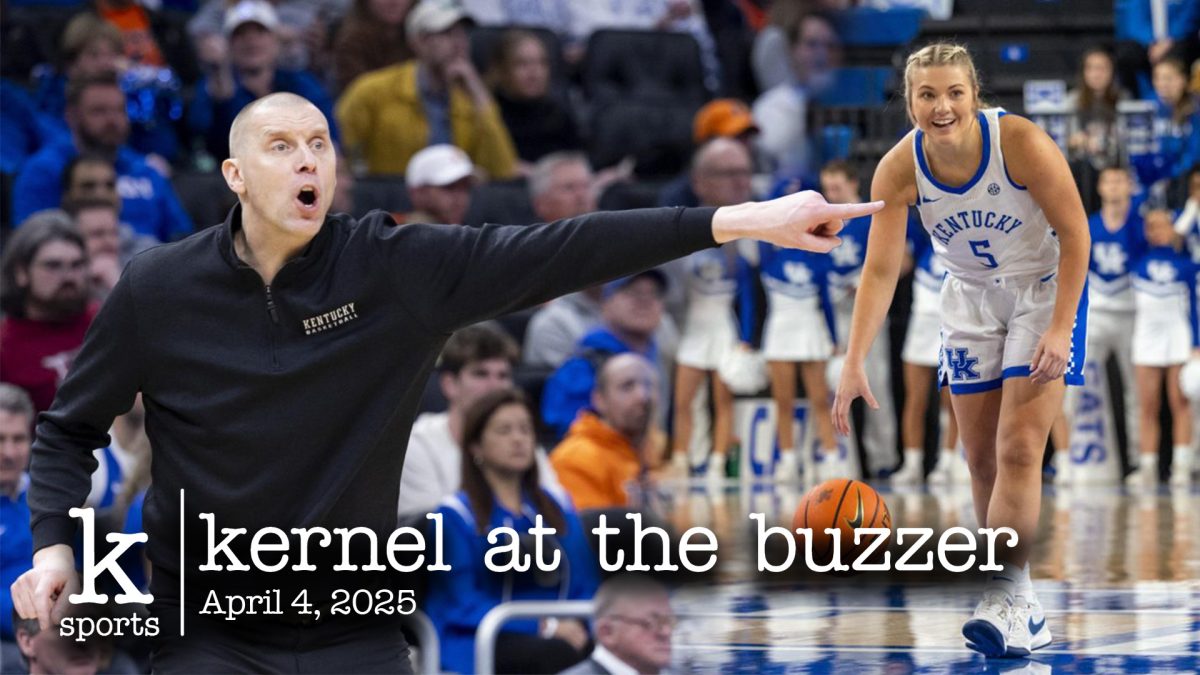Student debt may play role in senate race
October 31, 2014
By Tyler Spanyer
As Republican Sen. Mitch McConnell and Democratic challenger Alison Lundergan Grimes look to win over young voters on Nov. 4, one critical issue is student loan debt.
With the national student loan debt at $1.2 trillion, according to the Consumer Financial Protection Bureau, the Grimes campaign is focusing on the student loan issue and how both candidates approach it.
Grimes supports Democratic Sen. Elizabeth Warren’s bill that would have enabled millions of Americans to refinance their student loans into lower rates by increasing taxes on wealthy households.
McConnell opposed this bill, and as Senate Republican leader led the filibuster that killed it. Warren and company could not muster the 60 votes needed to advance the legislation, losing out 58-38 and getting just three Republicans on the procedural vote.
Nationally, 71 percent of undergraduate students in 2012 graduated owing money on student loans, according to the Project on Student Debt.
The average amount of debt each student left with was $29,400, and that number is just for undergraduates. Many of these students who leave with almost $30,000 in debt will amass more debt if they pursue a graduate degree.
Kentucky students, 62 percent of whom graduate with student loan debt, leave with an average of $22,384 in student loan debt, which ranks 41st out of 49 measureable states in the study.
“I think it’s outrageous that it costs as much as it does, but I don’t think the federal government ought to be in the business of forgiving, in effect, obligations owed,” McConnell said at a town hall meeting in Oldham County in July.
At the event, McConnell also said parents and students should be more selective about their college decisions. “I think the best short-term solution is for parents to be very cost-conscious in shopping around for higher education alternatives,” he said. McConnell attended the University of Louisville for his bachelor’s degree, and UK for law school.
Matt Brignola, a first-year pharmacy student at UK, has been paying out-of-state tuition since his first year of school. “I graduated in May with $25,000 in debt,” Brignola said, “And I will be accumulating $65,000 per year in pharmacy for a grand total of $220,000 in debt by the time I enter the professional world.”
“Student loans are a blessing and a curse,” said Jena Mason, a senior at UK. “Students should be careful getting into loans because before you know it you could be graduating with $30,000 in debt. Despite that they help pay for my education and for that I am thankful for.”
“I think that student loans are unfair,” said Rebecca Place, a sophomore at UK. “Just because I didn’t qualify for need-based loans, (that) doesn’t mean I don’t need the help too.” Place, a Cincinnati native, said she will leave UK with around $85,000 in student loan debt, which will take her probably 20 years to pay off if she gets a job right out of school.
Need-based loans are based on the financial needs of the student. Students must be approved for need via the Free Application for Federal Student Aid. Many students who do not qualify for need-based loans or top-tier scholarships are left out in the cold for college financing. They are forced to accept unsubsidized loans that have an average interest rate of 7.35 percent for federal loans and a much higher, undisclosed rate for private loans.
Many students and parents think the system is flawed, and needs to be reevaluated, but Warren’s bill would have been a tough sell in the Republican-led House of Representatives, and if Republicans win control of the Senate, McConnell will in all likelihood be Majority Leader. So this issue may be placed on the back burner, but the candidates have made their stance on it very clear.






































